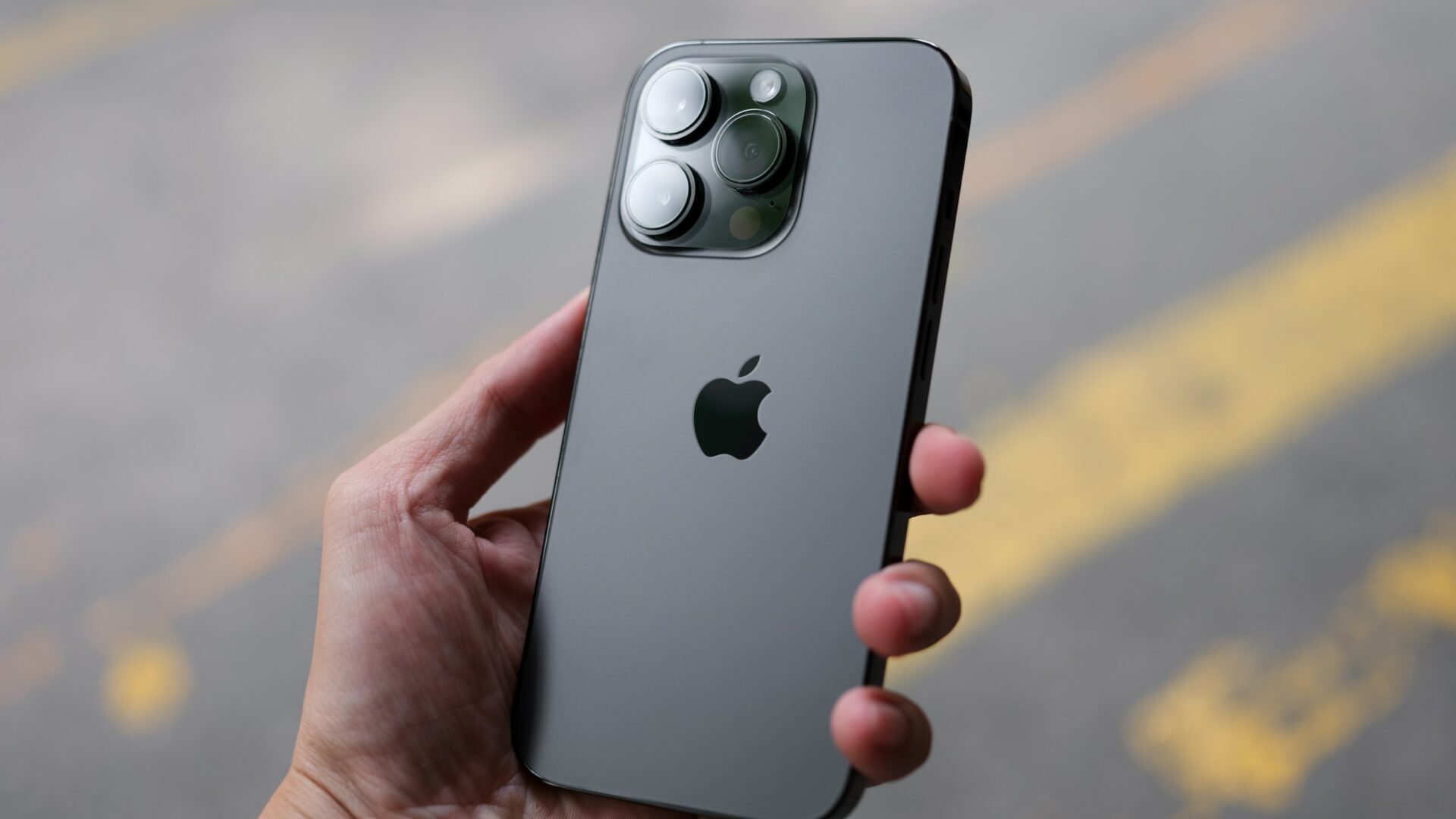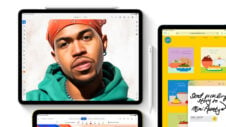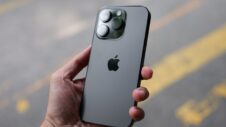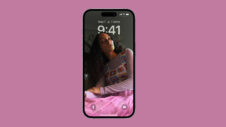You know what they say, you never need to ask an iPhone owner what phone they have, chances are they'll tell you that they own an iPhone themselves. This lighthearted jibe aside, there's no denying the fact that iPhone owners are generally a loyal bunch. Call it equal parts undying loyalty to the company and the allure of Apple's walled garden of services.
Since Apple doesn't license its operating systems, somebody who wants to use an iOS device has no option but to buy one made by Apple. No other company can make devices that run on Apple's operating systems. This works very well for the company. Apple hooks them with its software and services so that they keep coming back for more.
For over a decade now, there has been little incentive for iPhone owners to switch. While there were many rivals initially, Android ultimately became the best of the rest, as the likes of Windows Phone and BlackBerry met their demise. Even as more capable and well-made Android phones hit the market, the software kept holding iPhone owners back. Those physical attributes didn't provide enough incentive for a lot of iPhone owners to consider leaving their beloved Apple services like iMessages and FaceTime behind.
This thought process has become so entrenched in them that Apple doesn't focus on making significant design changes to its iPhones anymore. However, the winds of change have begun to flow since the past couple of years. With Samsung being the first to launch a foldable phone for consumers in 2019 and significantly improving its offerings in the years that followed, many have taken notice.
It's the first time in years, perhaps over a decade, that a lot of iPhone owners have at least felt compelled to consider a phone that's not made by Apple. The Galaxy Z Fold and Galaxy Z Flip are genuinely revolutionary devices and they've become sought after based on the merits of their hardware and engineering prowess, attributes that it seemed Apple had the monopoly on. These phones look and feel much better than even the most modern iPhones and Apple doesn't have an answer for them yet.
Of course, the ultra-loyalists scoff at foldables, branding them useless and no match for the iPhones. They make every excuse under the sun to justify why this futuristic form factor is a fad that will die, even though that couldn't be further from the truth. It's sort of like arguing why electric cars aren't as good as regular cars, but then buying a Tesla anyway since they're considered cool.
Perhaps they feel that hyping up the genuinely great things about Samsung's foldable phones is the same as betraying their beloved iPhones. That's understandable to some extent. It's a relationship that has developed over a decade and it's hard to come to terms with the idea of something better being out there.
There's a certain unspoken prestige that loyalists feel when they don't just use but are seen to be using the iPhone. It almost becomes a part of their personality, a part of who they are, that people around them know as the person who only uses Apple products. It's probably one of the reasons why they're secretly terrified of Samsung's foldable phones.
They understand the benefits that the form factor provides and the obvious advantages of owning one of these devices. However, they just can't seen to be losing their status as an Apple user. So it's simpler to take the easy way out and brand foldables as useless, even though Apple seems to be working on them itself and may eventually launch foldable iPhones in the future.
If and when that ultimately happens, we'll see a monumental shift in the discourse, as the conversation begins to transition from branding foldables as a fad to them being the next best thing since sliced bread, only because Apple has finally gone ahead and made one.
There's no point in denying the fact that foldables are here to stay and that by virtue of its courage and innovation, Samsung has established an early lead in the market. It will fiercely protect this dominant position now so Apple will have tough competition whenever it eventually enters this market.
Them being in denial doesn't change this fact. Then again, denial is first of the five stages of grief. There will ultimately be acceptance, one way or the other.







